Case studies and interviews
In our Resources section we ask the world’s leading wine critics and commentators the secrets of their success, and we profile internationally-known chefs and wine, hospitality and culinary professionals.
Interviews with nine of the world’s leading wine critics and writers
In the careers of these wine professionals there are some 200 years of experience. With a few key questions we’ve tried to get to the core of what it takes to succeed as a wine writer and communicator.
Their answers are detailed but could be summarised as:

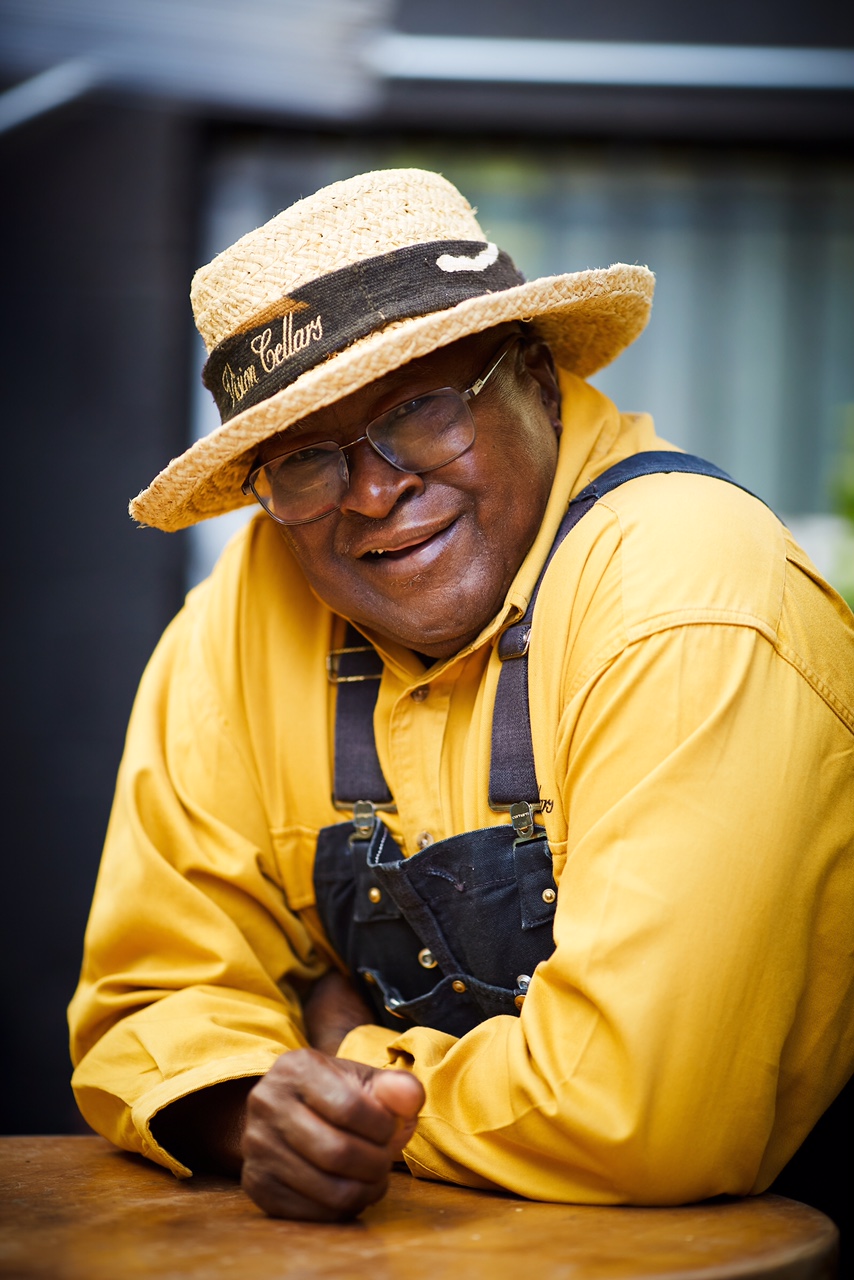
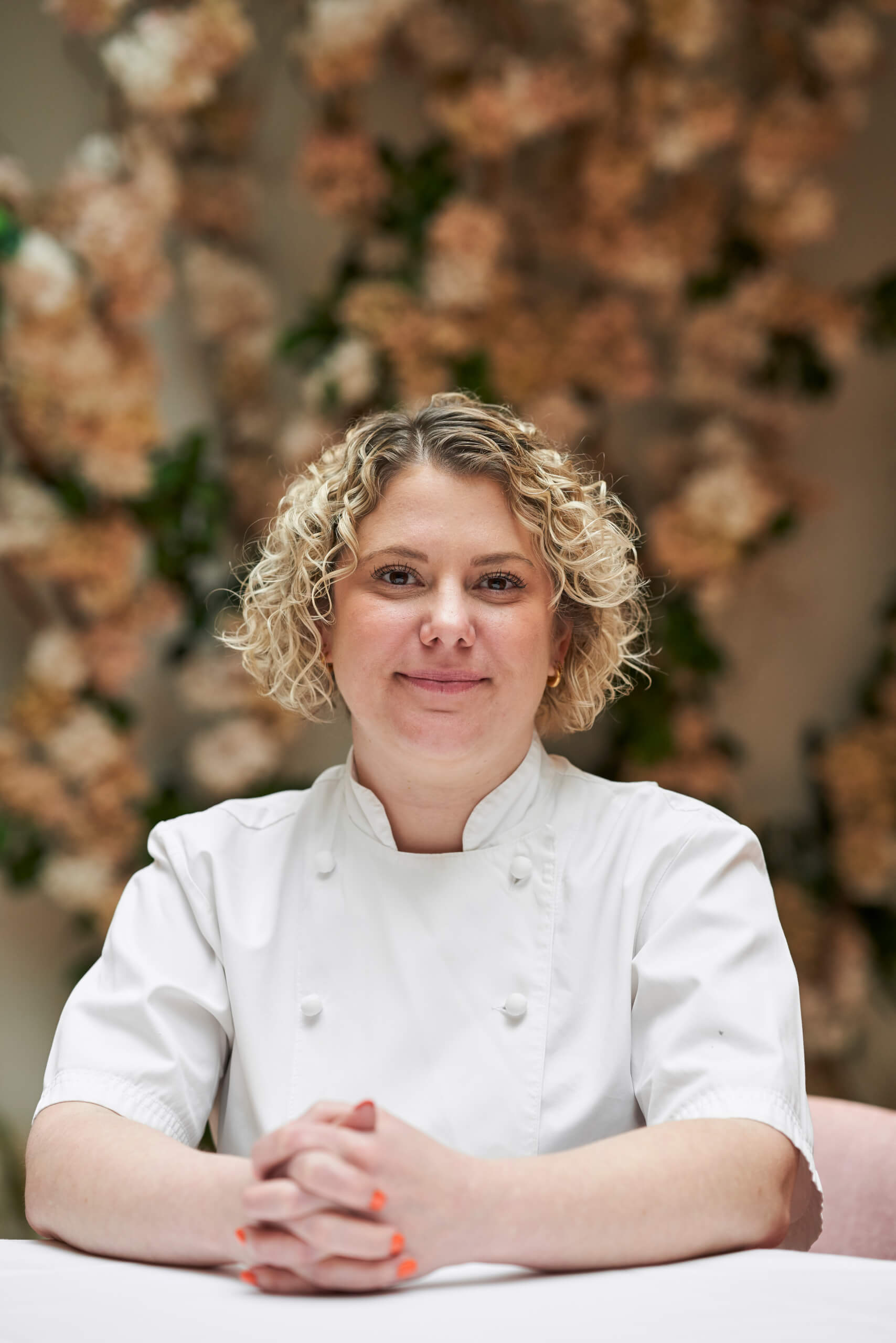
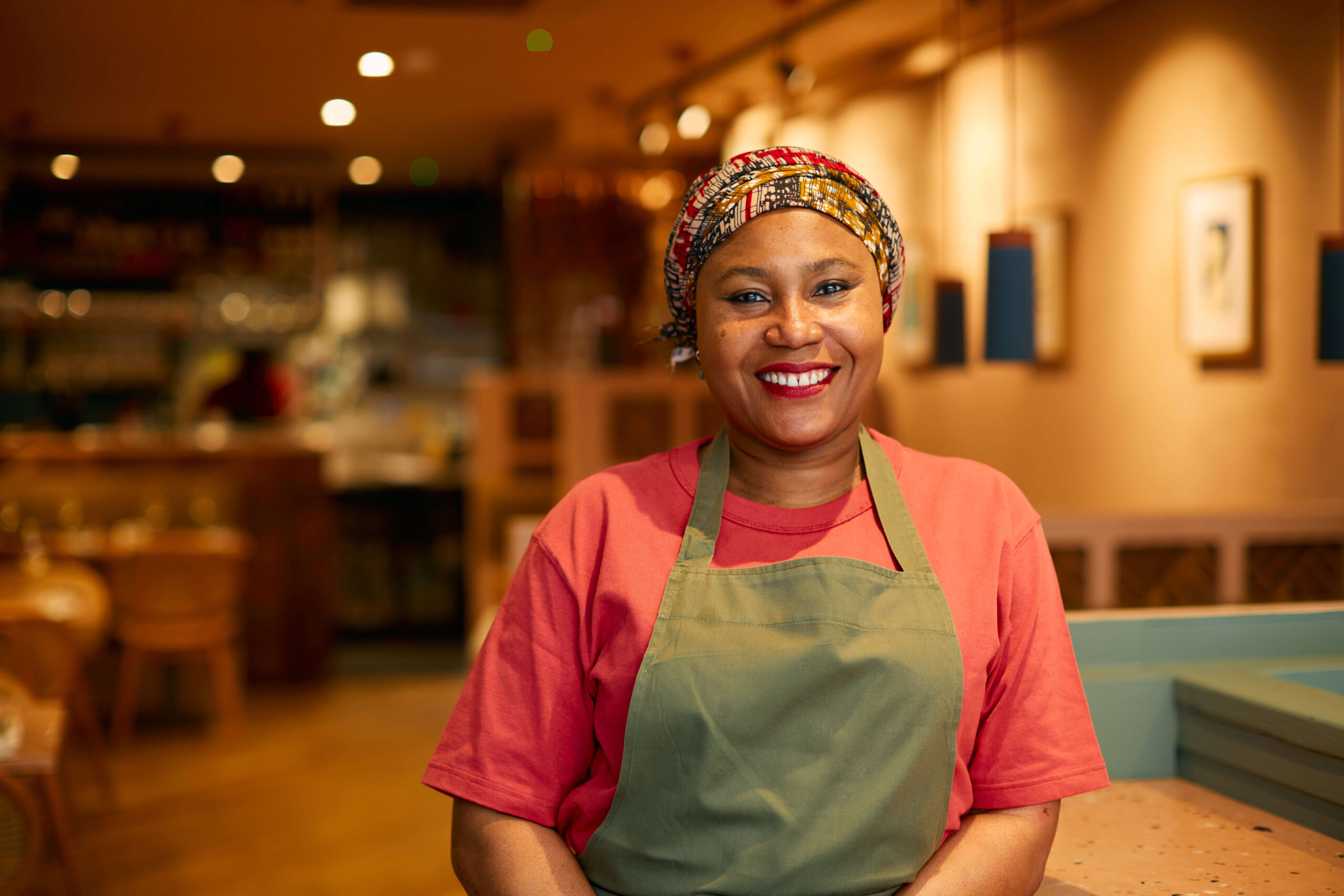
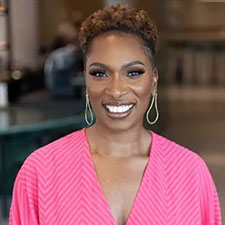
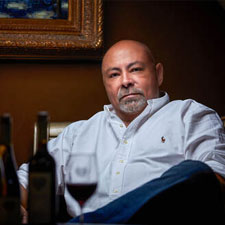

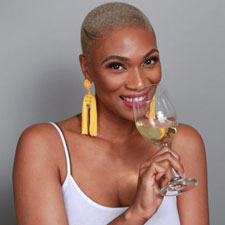

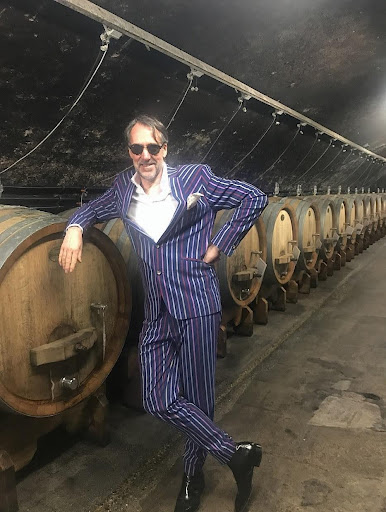
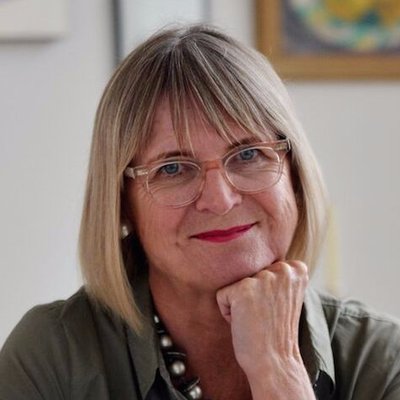
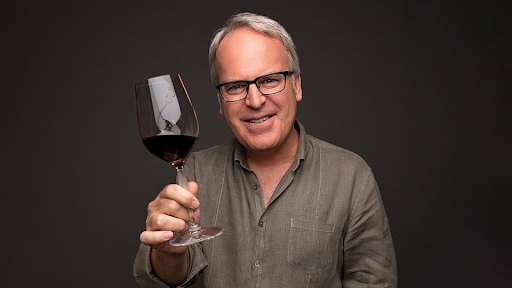

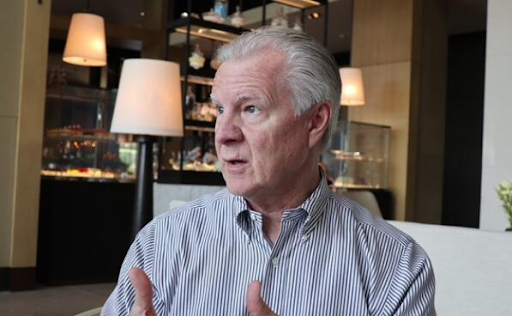
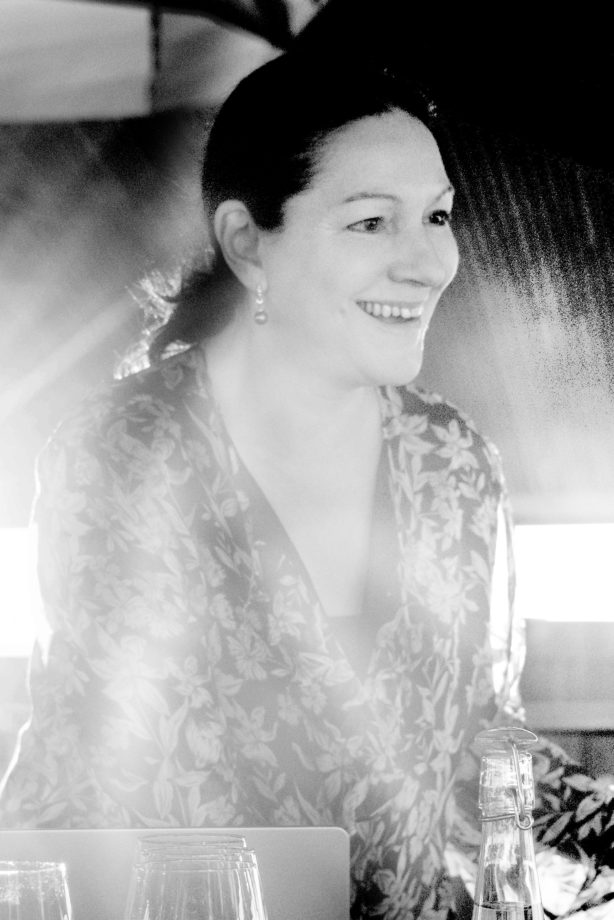



Lorraine is a multi-award-winning social entrepreneur, board member, consultant, writer and coach. Having spent two decades as an executive director for brands including Gordon Ramsay Restaurants and Corbin & King, Lorraine felt compelled to form Be Inclusive Hospitality CIC in 2020 due to the consistent lack of representation of people of colour in positions of influence and the supply chain.
This social enterprise now holds the prime position of igniting much-needed conversations and delivering initiatives to advance change within the hospitality, food, and drink sectors.
Her work has been featured in the Evening Standard, Metro, The Guardian, The Caterer and Restaurant Magazine.
Lorraine is a board member of the WSTA and Slinger. She is the Food & Drink Editor for Black Business Magazine and is a judge for a number of industry award ceremonies, including Guild of Fine Foods Great Taste Awards, Bold Woman Awards UK by Veuve Clicquot, Uber Eats Restaurant Awards, and the British Guild of Beer Writers Awards.
In 2022 Lorraine was named the GQ Food & Drink Innovator of the Year winner; she received a special award in the Code Hospitality 100 Most Influential Women in Hospitality list and won Entrepreneur of the Year at the Precious Awards. In 2023 Lorraine was named NatWest and Pioneers Post WISE100: Top Women in social enterprise.
Be Inclusive Hospitality was recognised by NatWest’s SE100 for two years consecutively, as one of the UK’s most impressive social enterprises.
Lorraine is a social entrepreneur and industry expert with a background as an executive director in prestigious brands like Gordon Ramsay Restaurants and Corbin & King, established Be Inclusive Hospitality CIC in 2020. Her mission is to address the underrepresentation of people of colour in influential roles and supply chains within the hospitality, food, and drink sectors. Her work, featured in publications like the Evening Standard, Metro, the Guardian, The Caterer, and Restaurant Magazine, has ignited vital discussions and introduced initiatives for industry progress.
Lorraine is actively engaged in various industry organisations and publications, serving on the boards of the WSTA and Slinger, is the Food and Drink Editor for Black Business Magazine, and participates as a judge for awards ceremonies. In 2022, she won the GQ Food & Drink Innovator of the Year, Code Hospitality 100 Most Influential Women in Hospitality, and Entrepreneur of the Year at the Precious Awards. In 2023, she was honoured in the NatWest and Pioneers Post WISE100: Top Women in Social Enterprise.
I set up the Instagram account at the end of 2019, initially posting as a visibility platform. The first lockdown of 2020 allowed me the space and time to write the business plan, launch, and build a community: the fact that everyone was at home meant that I had a captive audience to do so quickly.
First, I will mention that we drive action through research, empower our community with funded initiatives, and partner with organisations committed to fostering inclusion. We consider everyone that we engage with as our community. We have 630 members, 120 ambassadors, 100 mentors, and over 50 corporate partners
The business was incorporated due to the lack of representation of Black and ethnic minorities in positions of influence, leadership roles and the supply chain. Our mission is to build a thriving community to accelerate race equity within the hospitality, food, and drink sectors.
The core mission is delivered through three pillars:
▪Workshop & Consultancy – We collaborate with leaders, delivering an extensive array of services specifically designed to propel Equity, Diversity & Inclusion (EDI) goals forward. The services encompass corporate membership, workshops, training, and consultancy services.
▪ Partnerships – 100% of our initiatives are funded by grant providers and sponsors. Collaborations extend to regional, national, and global brands, with an investment exceeding £300,000 to date to support mentorship, grant provision, qualifications, and work experience.
▪ Events – are an essential pillar for Be Inclusive, providing opportunities to inspire, empower, and connect its network and community. Throughout the year, a variety of internal events are hosted, including the BIH Spotlight Awards, Elevate Mentorship Scheme Networking, and Community Networking.
All three pillars are unpinned by ground-breaking research, encompassing reports, focus groups, and interviews, having accumulated 4,000+ experiences, with over 1,000 downloads primarily accessed by hospitality leaders seeking actionable insights. Research is free to download from our website.
The oil of the community are people from ethnically diverse backgrounds, at all career levels who are keen to thrive within the industry. They join our community free of charge, and this grants them eligibility to access our funded initiatives. We do have a range of corporate partners who are also members, and the common thread is businesses that are keen to advance change through education, resources, and initiatives to advance Equity, Diversity, and Inclusion. Our partners are extemely diverse and include The Sustainable Restaurant Association, Mars Foods, Uber Eats, Edrington UK, Imbibe Live, The Alchemist and JKS Restaurants.
We are fortunate that most of our partners seek us out, which frames the really positive and forward-thinking conversations we engage in regularly. I think that our Inside Hospitality Report has been the main source of individuals across the sector independently learning, and then acting, either independently, reaching out to us or connecting with another agent of change.
Hospitality doesn’t have a diversity problem; the problem we are keen to confront and address is that if you are Black or Brown, you are more likely to be in a zero-hour contract, working part-time or low-paid position. This was one of the findings from the 2023 Inside Hospitality Report. The question I pose is why such a stark contrast in the ethnic makeup of the board rooms versus the back of the house is there.
Most definitely the CEOs/Managing Directors. Ultimately company culture is shaped from the top, in order for change to really happen, it has to start there.
My only hope is that these important conversations continue to happen, and that businesses continue to take action to address them. My hope is progress; I can’t measure beyond this.
The question should be, for those who have the ability to get to the top of their profession – why are they not accessing senior positions?
Diversity shouldn’t be the goal, Inclusion and Equity should be. Without placing a huge amount of time and focus on these two things, companies will always struggle to retain people from ethnically diverse backgrounds.
[laughs] I love the analogies – yes, I haven’t got my backpack on yet, and it’s gigantic. It’s important to remember this is not a sprint; it’s a marathon.

Born in Cameroon, Magnavai (Mags) Janjo came to live in Brighton in the UK in 2006, at the age of 15. After studying chemistry and maths his first job in wine was at Waitrose, which sponsored his early WSET studies. He then moved to UK importer Winetraders, followed by a stint in the corporate division of Majestic and then three years at the London retailer Roberson. At the end of 2019 he registered MJ Wine Cellars as a limited company, which after a little over two years (most of that time under the pandemic) is turning over £400,000. “We might scratch £1m in 2022,” he says. In 2020 he set up BAME Wine Professionals with Jancis Robinson MW, a “directory of talent” whose stated aim is to “shine a spotlight on wine talent in the Black, Asian and Minority Ethnic communities”. A certified WSET tutor, in 2021 he was one of 12 recipients of the £12,500 Golden Vines Masters of Wine scholarship.
Jancis Robinson was doing an article [for the Financial Times] on prominent people of colour in wine, and she came to me to help her find people. We had the idea to create a directory of talent, for on-trade, off-trade, salespeople, brand owners. That became BAME Wine Professionals
It’s about giving practical help to someone from an underrepresented background to thrive and succee. We ask ourselve what sort of help would that sort of person need? When we started, the interest was from people who wanted to get in to the industry, and from companies who maybe wanted help on setting up a DEI programme. Now it’s grown to the extent that I’ve integrated it into part of MJ Wine Cellars, so one of the team there is in charge of the BAME inbox.
It might be any size of company from start-ups to major corporations. We are working a lot with Louis Roederer to offer educational courses. We are in our second year and have been able to get 3 people through level 3, have now taken on doing a Diploma Scholarship
We concentrate on that. We have four on the list, from multi-talented and award-winning winemakers like Ntsiki Biyela of Aslina Wines. She’s South Africa’s first Black female winemaker. The number’s growing, but it’s very important to stress I don’t import a wine because it’s made by a black person. It has to be good, and the commercial side has to make sense. We never do things as a box-ticking exercise – “Let’s present this beause it’s been made by a black winemaker”. Everything has to be on merit. The last thing I want is tokenism.
When people say racism is dead, we say “Get out and talk to people”. I have personally experienced racism on numerous occasions – my car pulled over, lights flashing, siren sounds; being stopped and searched – you’re walking along the street in Brighton and a police car draws up, “What are you guys up to? Where are you headed?” Every one of my friends has had similar experiences, multiple times.
So those are the barriers. As a result of that sort of thing you lack confidence. You feel you don’t belong, that you can’t do the job, you feel they’re not interested. You feel you have to prove yourself over and above anyone else, you have to work twice as hard to get the same credibility. It’s exhausting. The temptation is to walk out – I’ve done that. In my early 20s I went to a tasting, saw literally no one who looked like me, tasted two wines and walked out.
When I was studying for diploma I thought I couldn’t fail. It breeds a kind of grit, if you have the character. If you don’t, it can crush you. I teach a WSET class and I walk into a new class and you see their surprise when they realise you’re the tutor, and I think, “Why do you assume I won’t be able to do that?”
The entire industry could do with a shakeup. We need a top-down approach for everyone from buyers to front-of-house to decision makers. Look at the board of any big company: they are all exactly the same. Look at the demographic – it’s an old boys’ club. If you look a certain way and sound a certain way, you’re accepted. Wine is particularly backward in that way but brewing and spirits are hugely diverse – just compare a Smirnoff or Jameson ad with the average wine ad, which would show a white middle-class family in the vineyard. It’s crazy because there’s a major commercial advantage to being more diverse. To say “the interest doesn’t exist” is a lie. [Wine retailer] Majestic’s diversity and inclusion project takes 50 students once a year, and it’s always oversubscribed. I teach them, and they have a pass rate of over 80%, with many passing with merit and distinction.
Exactly. Because people come from underrepresented backgrounds they have had to work twice as hard, and more often than not they are brilliant at what they do.